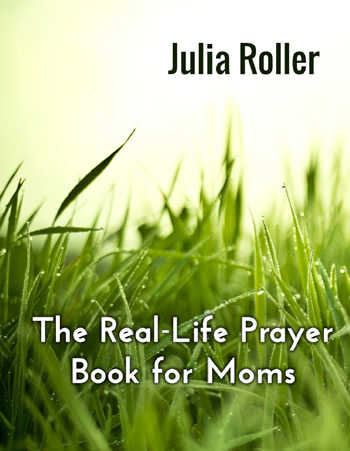Matt Mooney’s powerful book A Story Unfinished: 99 Days with Eliot is the kind of book parents like me don’t really want to read. It’s blunt and honest and covers ground most of us don’t even want to think about: the loss of a child. Yet I find myself tremendously glad for the time I spent with this remarkable family through their reflections and insights about the all-too-brief life of their son. A Story Unfinished is ultimately deeply rewarding for its nuanced depiction of the life of faith and how God remains with us throughout the peaks and especially the valleys of our lives.
When Mooney and his wife, Ginny, found out they were expecting their first child, they were ecstatic. But amidst all the debating about what stroller and crib to buy and nervous excitement about whether the baby was a boy or girl, they received the devastating news that their gestating baby suffered from a genetic syndrome called Trisomy 18 and that his life might be weeks or only hours long.
The story of how this couple confronted this news and then went on to celebrate every moment of their baby’s life, 99 short days, is beyond inspiring. I’ll venture to say it could wring a tear out of the driest of eyes. Every day of Eliot’s life, his mom and dad celebrated with a birthday party at his time of birth, with a bigger celebration for each month of his life. The joy that they took in every moment of this baby’s life is awe-inspiring as they seem to find in every difficult and mundane task of parenting a special-needs child a greater purpose and a sense of meaning. Truly these two had a heightened understanding of how precious each moment with a child is.
Yet throughout, Matt wrestles openly with what it means for his faith that his beloved boy’s earthly life will be so very brief. The theological reflections here, ranging from Job and his three less-than-helpful friends to Jesus’ tears at the death of Lazarus, are thoughtful and beautiful and difficult. Matt describes how the very low point of losing his son was the time that God came nearer than ever before, yet also admits that he would give everything, all the beauty and knowledge of God that have come from the loss of Eliot, just to see his son again.
Some of the lines will stay with me, such as Matt’s and Ginny’s reactions when people praised them for being strong. Matt is quick to point out that any strength he or his wife had was from God. He also writes of the unspoken subtext of such words, “Things like this are reserved for those who can handle it. And because I could not, I am safe.”
He is right, of course. As parents we want nothing more than for our children to be safe, and so when terrible things happen to other children we will do anything to convince ourselves that such a thing could never happen to us. But, as Matt (and Ginny) so eloquently point out, safety is a myth. We are all in God’s hands and we have to trust and just know that God is with us, come what will.
A theme throughout the book is the way that the good and bad of life are never as clearly delineated as we might like them to be. Even for those of us who have not suffered the tragedy of losing a child, we can see the truth of this statement. Sometimes the greatest blessings in life are accompanied by profound losses and grief. Sometimes, most of the time, it seems to me, life is beautiful and terrible all at once.
From this book, I take the reminder that all we have is now, that our best moments as people are the ones in which we slow down enough to appreciate what we have in each moment. And that even when the answer to our prayers is not the one we want, Jesus weeps with us in our sorrow, even in full knowledge of the joy and balance and restoration that await us one day.
I am glad to have met Eliot through his loving father’s and mother’s words, and my understanding of God has been deepened and enriched by this powerful story.




